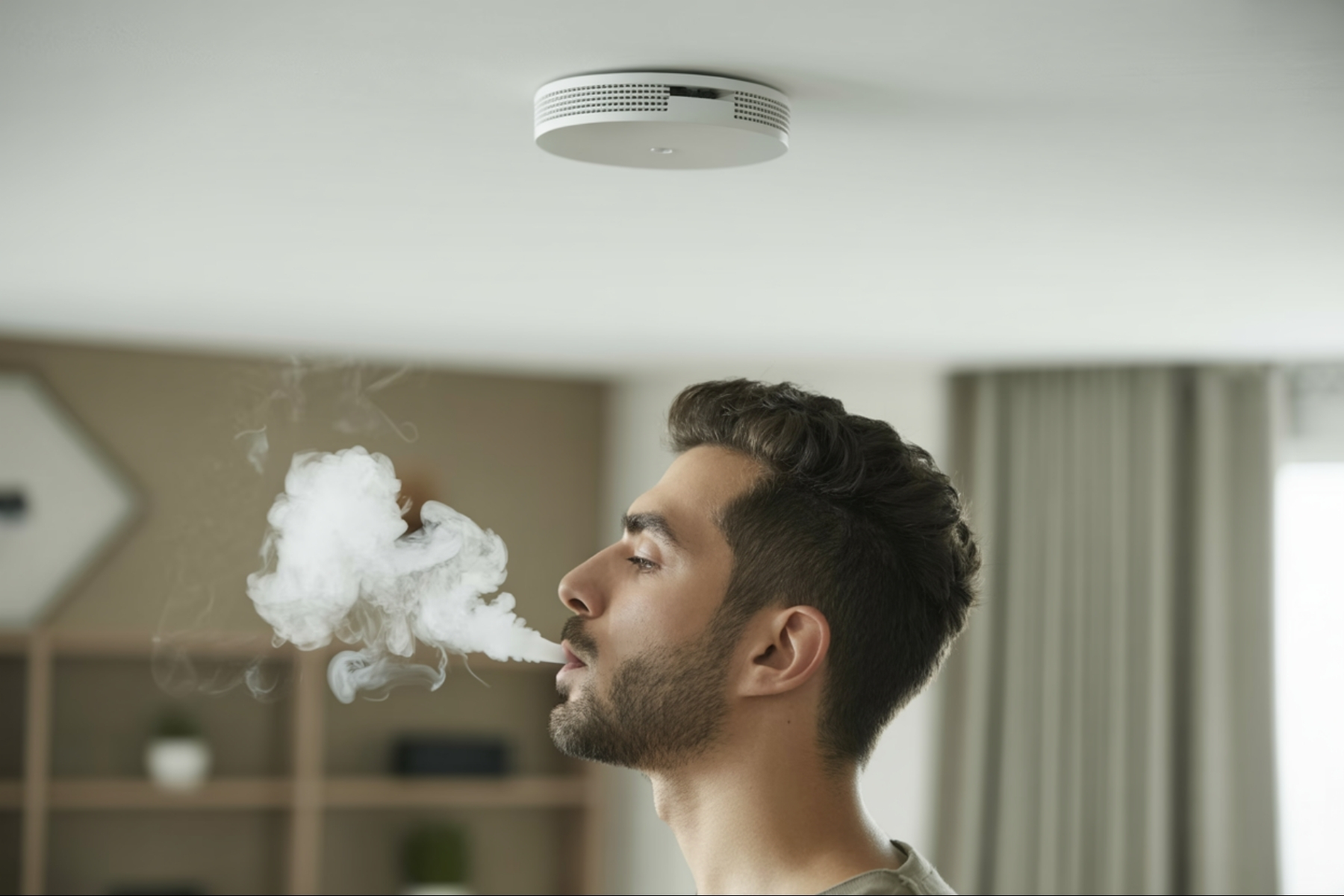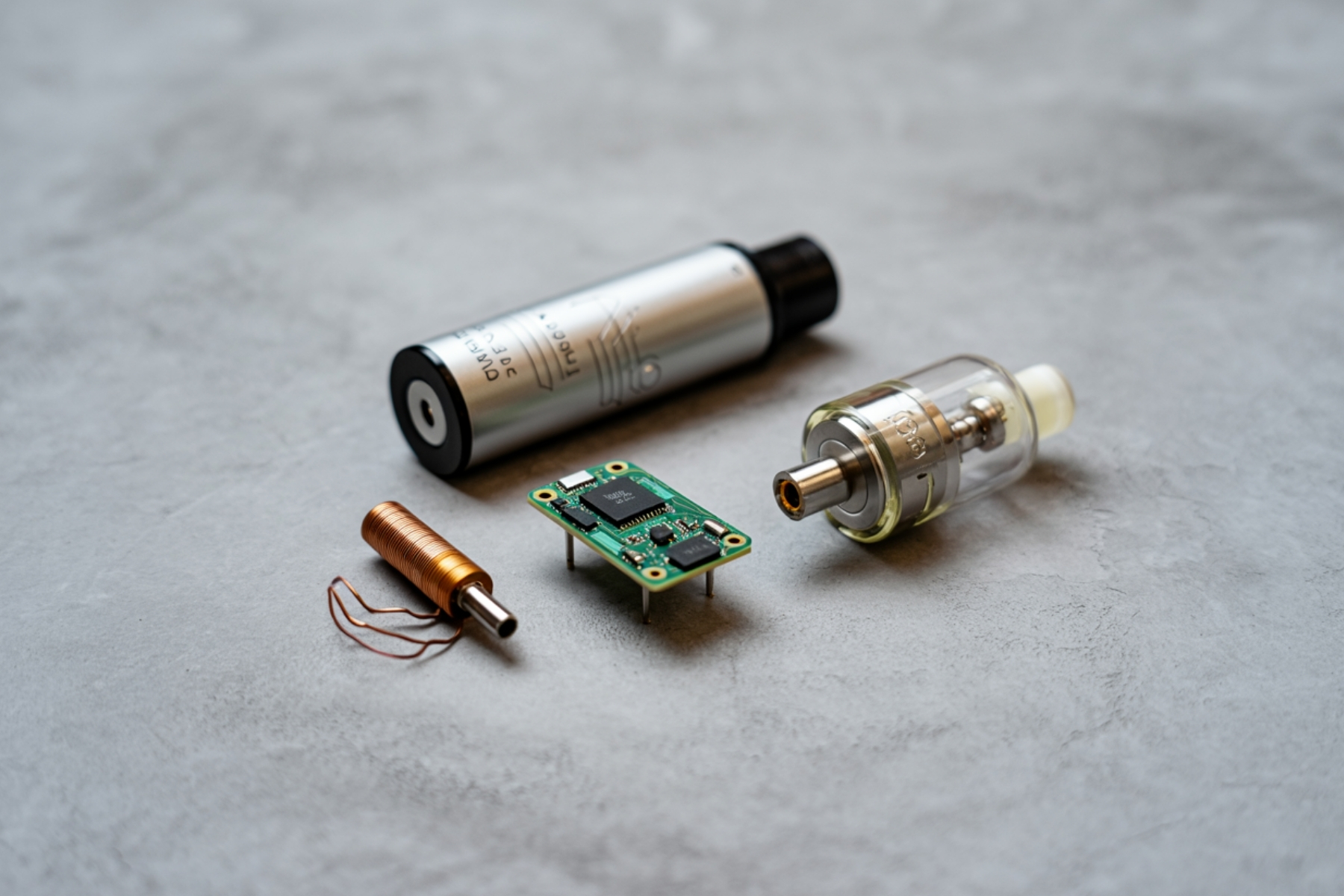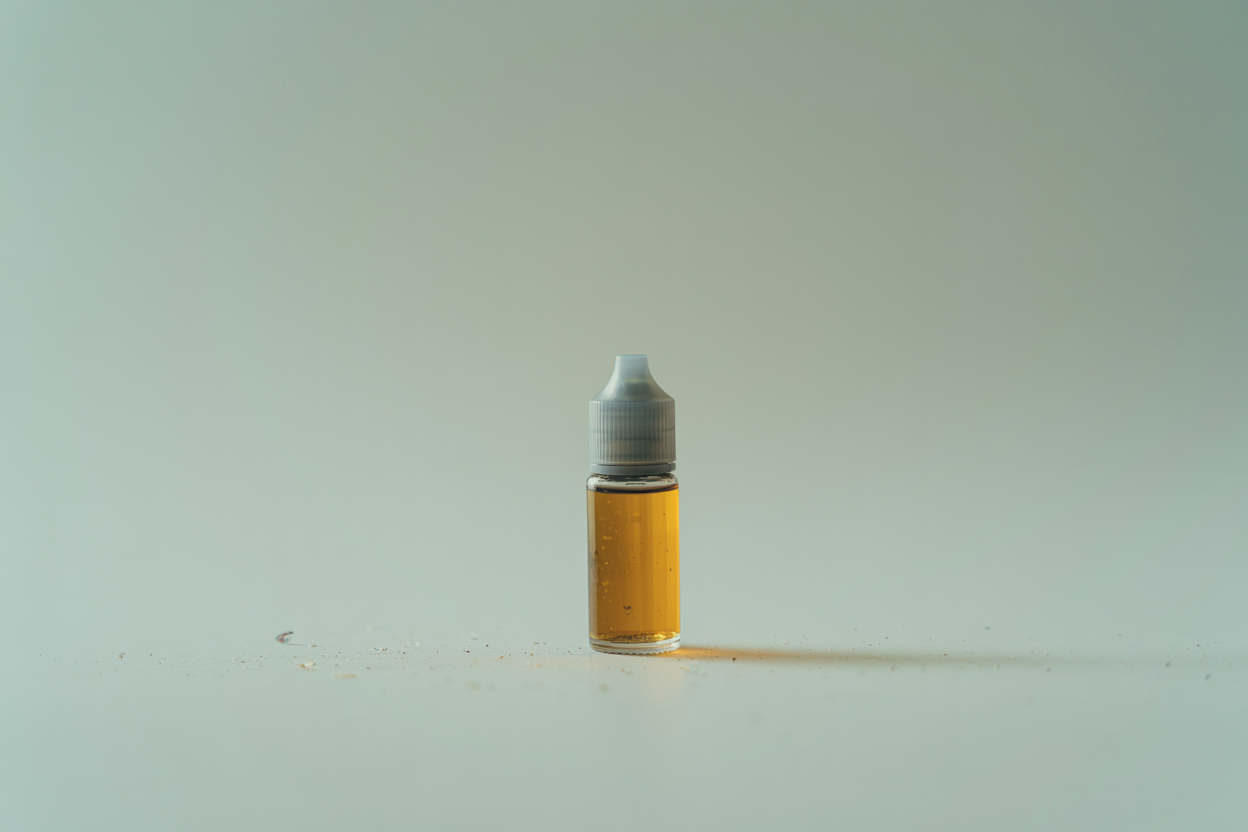It’s a question I get asked all the time. Usually whispered in a hotel hallway or asked with a half-laugh before someone disappears into a bathroom. “Hey Max, will this thing set off the alarm?” The short answer is yes. It can. But it depends.
Let’s break it down in simple, real-world terms. No fluff, no scare tactics, just the facts.
Not All Smoke Alarms Work the Same Way
The first thing to know is that there’s more than one type of smoke alarm. Depending on where you are, you could be dealing with one of the following.
Ionization alarms are designed to detect fast-burning fires. They react to small particles from things like burning paper or wood. Vape clouds are technically aerosols, not smoke, but a big puff in a small room can still trigger them. That said, they’re usually less sensitive to vapor.
Photoelectric alarms are a different story. These use a light sensor that detects changes in the air, like smoke or vapor particles disrupting a beam of light. These are much more likely to go off if you’re vaping nearby. A thick enough cloud will scatter the light and trip the alarm.
Some modern places have combination detectors that use both technologies. And if you're somewhere like a hotel or airport, odds are high that they’ve gone for the most sensitive option available.
Where You Vape Matters a Lot
A tiny puff in your bedroom with the window open? Probably fine. A full direct lung hit blown straight up at the ceiling in a hotel bathroom? You are asking for it.
Here are a few spots where vaping can get risky:
- Inside hotel rooms. Many chains install sensitive alarms and will charge you cleaning or violation fees if they detect vapor or scent.
- Aeroplane bathrooms. Do not. Just don’t. Aside from being illegal in most countries, airline smoke detectors are specifically tuned for any sort of aerosol. They are there for a reason.
- Public bathrooms, schools, trains and hospitals. You get the idea. These places often use commercial-grade detectors, and it only takes one thick exhale to ruin your day.
Real-World Cases of Alarms Being Triggered
I’ve heard stories from the community that go both ways. Some people blow massive clouds in their living rooms every night without ever triggering anything. Others have had an alarm go off from a small puff in a hotel room. I know one guy who set off a cruise ship cabin alarm with a low-wattage pod system.
The truth is, the risk is unpredictable. You never really know what kind of alarm is installed until it’s too late.
Max’s Take
Vaping indoors always comes with some level of risk when alarms are involved. Even if you’ve vaped in the same room for weeks without issues, all it takes is one change in angle or airflow to set something off. A little common sense goes a long way. And trust me, explaining to a hotel manager that it was “it was just steam” doesn’t usually work.
Summary:
Yes, your vape can set off a smoke alarm, especially in enclosed spaces or near photoelectric detectors. This article explains how different smoke alarms work, which ones are more sensitive to vapor, and how to avoid accidentally triggering one while vaping indoors.






















